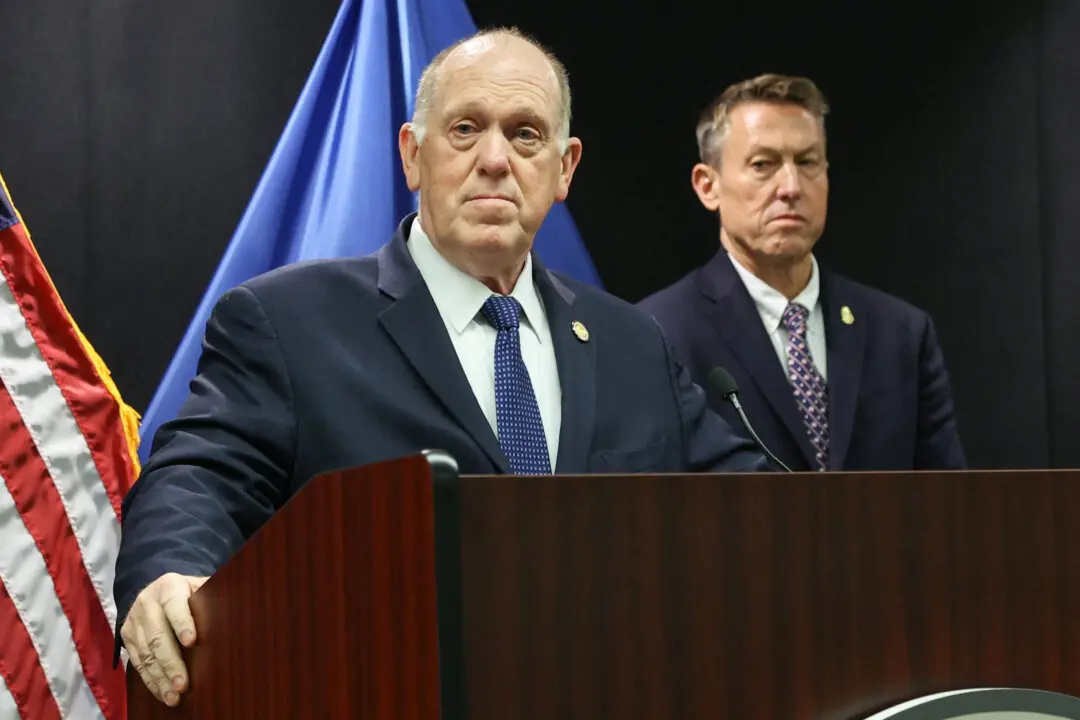The Supreme Court on April 26 declined to take up a motion filed by Republican state attorneys general to resurrect former President Donald Trump’s “public charge” immigration rule, which enabled new restrictions on immigrants who receive some form of government aid.
The high court, in its order (pdf), left open the possibility for the attorneys general to try again at a later time, saying that the states can raise arguments before lower courts and return to the Supreme Court if needed.





